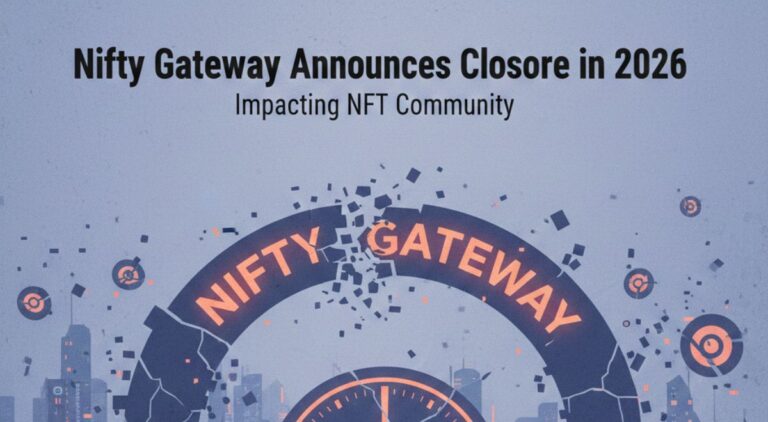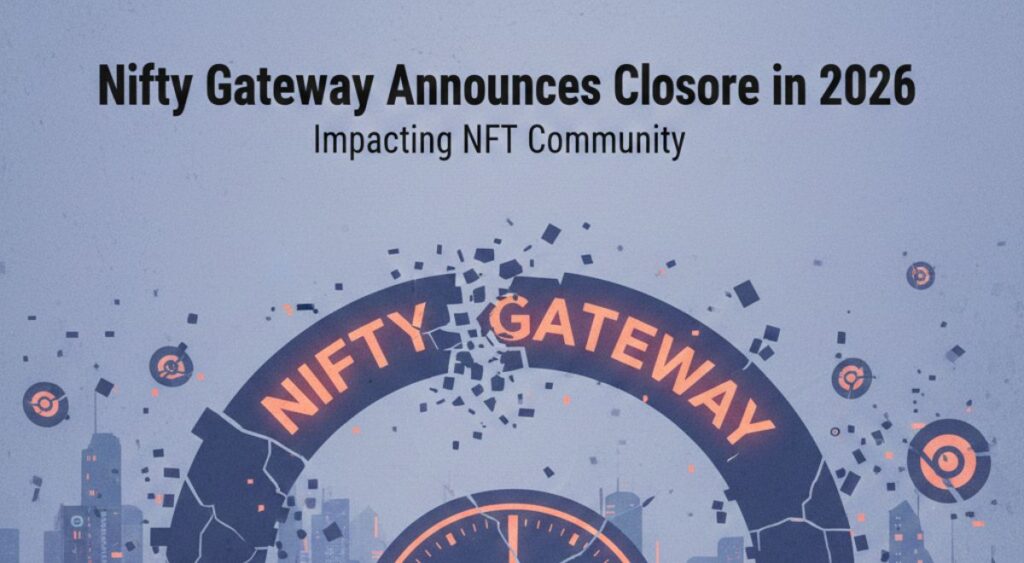Non-fungible tokens, popularly known as NFTs, is a digital token that represents real objects like art and music, bought and sold online with cryptocurrency. NFTs are stored on an Ethereum blockchain, and each NFT has a digital signature that the owner can use as proof of ownership. NFTs were launched in 2014, but it was not until 2021 that NFTs became popular and was increasingly recognized as a digital asset worth purchasing. An example of an NFT is Jack Dorsey’s first tweet on Twitter in 2006, which sold for almost $3 million.
Yes, NFTs are unique, and the excitement that comes with being the only owner of a digital artwork makes it more appealing to investors. However, before you purchase an NFT, it is important to consider the pros and cons of investing in one.
Pros and Cons of Investing in NFTs
PROS
- Ease of access: Anyone can invest in an NFT. Investing in digital assets like NFTs is accessible to all as assets ownership can be easily and efficiently transferred between people from anywhere in the world.
- Security: The Ethereum blockchain that NFTs are stored on makes it secure from unforeseen circumstances. Blockchain is a technology that uses a decentralized ledger to store data. By distributing identical copies of data across a network, blockchain makes it difficult to cheat the system. The Ethereum blockchain ensures digital ledgers are created and maintained securely.
- Knowledge and diversification: Trading on the Ethereum blockchain presents an opportunity to learn how blockchain works. In addition, purchasing an NFT will diversify your portfolio, which could ultimately yield an increase as the digital asset increases in value over time. For instance, total sales for NFTs were $25 billion in 2021, compared to $94.4 million in 2020
- Ownership and authenticity: The non-fungible part in NFTs mean non-replicable. Two NFTs are never the same. This uniqueness ensures that traders are safe from purchasing fake NFTs. Since NFTs are created on a blockchain, ownership can be associated with a single account, preventing such NFT from being distributed among many owners. The authenticity of NFTs is also guaranteed as each has a unique digital signature that no one can exchange.
CONS
- Environmental hazards: For any environmental activist, investing in an NFT may not sit well because the generation of one NFT is highly energy-intensive. The Ethereum blockchain that services NFTs uses a protocol called “proof of work“, which acts as a security system. The production of a single NFT consumes as much electricity as a household uses for a day and a half. These greenhouse gas emissions can have long-term negative impacts on the environment.
- Volatility: Like every other investment in crypto, investing in NFTs is risky. The market is volatile and is based on what someone says the value of a particular NFT is. Also, there may not be a consistent market of purchasers for an NFT, which makes it different from other cryptocurrencies like bitcoin.
- Lack of regulation: In most countries, there is no specific guideline regulating the trading of NFTs. For traders not to be susceptible to fraud, it is important to conduct due diligence to establish what rights are acquired and transferred. Smart contracts can be effective in this regard, as they ensure that the terms of the contract are executed according to the wishes of the parties.
The hype and popularity that comes with owning an NFT should not sway you from making a detailed analysis before investing. However, you can leverage the benefits of NFTs to produce the best results.
Happy investing!
















